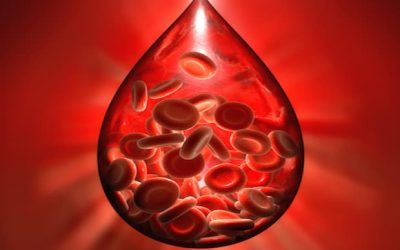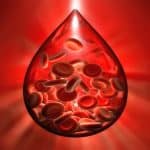AstraZeneca and Daiichi Sankyo have presented new mid-stage data showing “clinically meaningful” responses in patients with advanced breast cancer taking trastuzumab deruxtecan.
The pivotal Phase II, single-arm DESTINY-Breast01 trial is assessing trastuzumab deruxtecan (DS-8201), a HER2-targeting antibody drug conjugate (ADC), in patients with HER2-positive metastatic breast cancer who received two or more prior HER2-targeted regimens.
The primary endpoint of objective response rate (ORR), confirmed by independent central review, was 60.9% with trastuzumab deruxtecan monotherapy. Patients had a median of six prior therapies for metastatic disease (2-27).
Patients achieved a disease control rate (DCR) of 97.3% with a median duration of response (DoR) of 14.8 months and median progression-free survival (PFS) of 16.4 months. The median overall survival (OS) has not yet been reached, with an estimated survival rate of 86% at one year, the firms said.
“The clinically meaningful and durable responses seen among these patients illustrate the potential of trastuzumab deruxtecan to establish a new standard of care,” said José Baselga, executive vice president, Oncology R&D, at AstraZeneca, commenting on the results.
“These results are impressive, as women with this advanced stage of breast cancer have already endured multiple prior therapies for HER2-positive metastatic breast cancer.”
Principal investigator Ian Krop, associate chief, Division of Breast Oncology, Susan F. Smith Center for Women’s Cancers, Dana-Farber Cancer Institute, said the results are “particularly striking” as the drug “prompted a high level of durable tumour reduction among patients, the majority of whom had exhausted most if not all standard therapies for HER2-metastatic breast cancer”.
Trastuzumab deruxtecan is under priority review in the US for the treatment of patients with HER2-positive metastatic breast cancer, while a regulatory submission has also been made to Japan’s Ministry of Health, Labour and Welfare.









